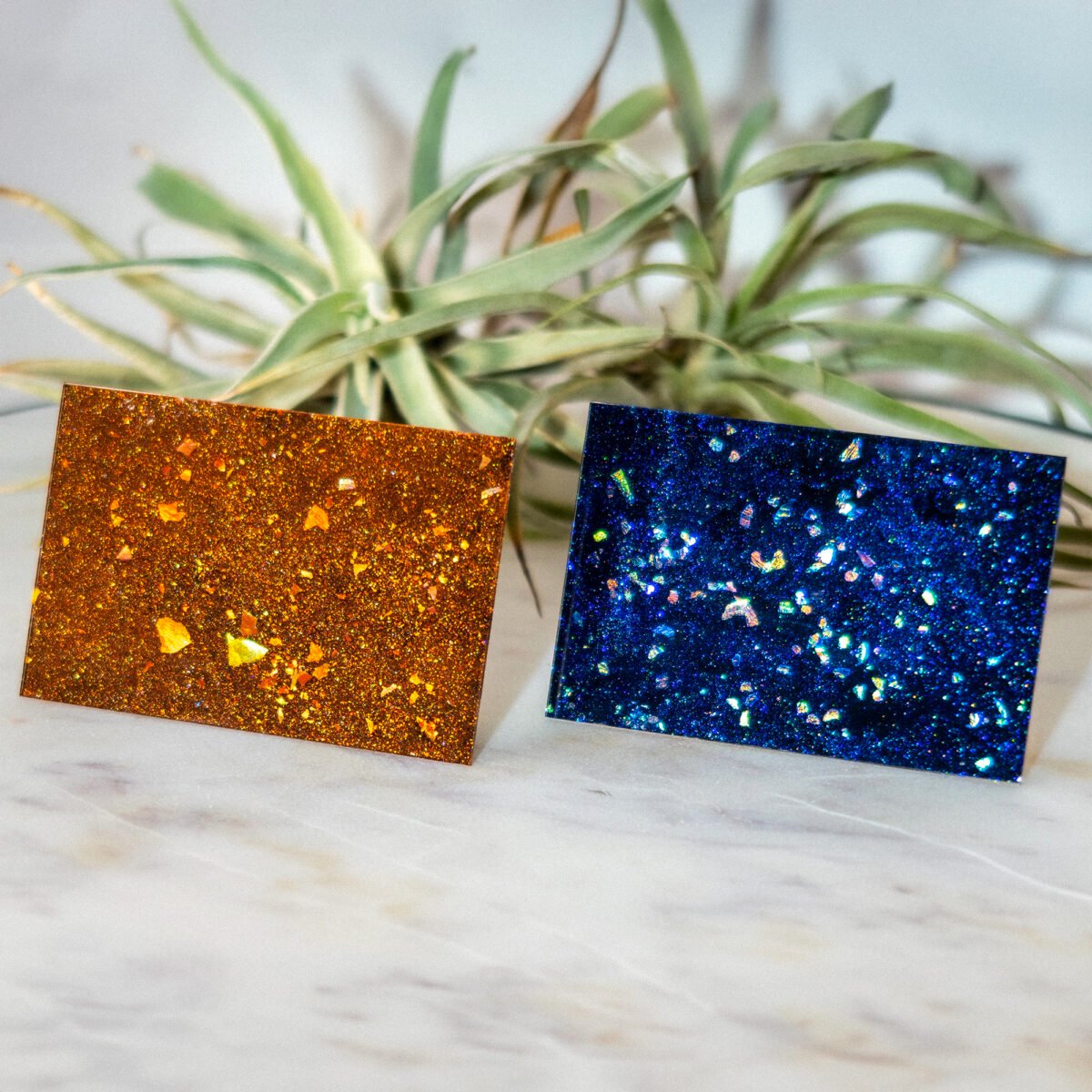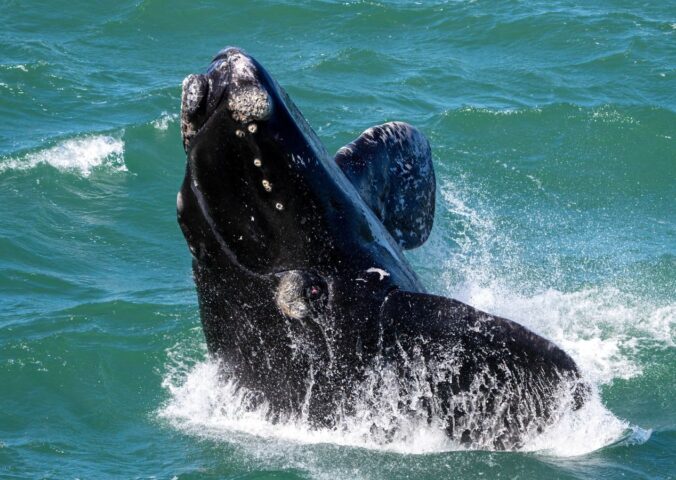Plant-based pigment developer Sparxell just completed a USD $3.2 million funding round.
Read more: 81% Of USA Sandwich Bags Contain Toxic ‘Forever Chemicals’
Dr Benjamin Droguet, Professor Silvia Vignolini, and a group of fellow Cambridge scientists founded the UK-based company in 2022 in order to replicate the vibrant colors found in nature sustainably. Sparxell’s star compound is cellulose, a plant-derived sugar.
Sparxell can extract its plant-based, renewable, and biodegradable cellulose from waste streams, all while achieving vibrant, high-performance pigments for use in sectors as diverse as cosmetics, fashion, packaging, crafts, food and beverage, and automotive care.
“Our plant-based materials can be grown and sourced locally in a complete rethink of how colors are currently being manufactured while reducing transport emissions,” explained Sparxall founder and CEO Droguet, in a release published by BusinessWire.

The company says it will use the backing to accelerate the development and commercialization of its products. Prominent participants in the seed funding include the L’Oreal-founded Circular Innovation Fund and SpaceX-backer Future Communities Capital.
Read more: Flora Unveils ‘World First’ Plastic-Free Paper Tubs For Vegan Spreads
Traditional colorants cause ‘major environmental harm’
According to Sparxell, its product is the “world’s first” 100 percent natural, high-performance, and biodegradable color platform, free from child labor, health risks, and minimal pollution.
“Traditional chemical colorants are causing major environmental harm through every stage of their lifecycle, from manufacture to degradation,” continued Droguet.
A recent report by Precedence Research predicts that the global colorants market will more than double between 2022 and 2032, but specifically highlights toxic elements and associated health risks – including cancer – impact both workers and customers.
“The textile industry is a well-known emitter of dyes and microplastics, with over 1.5m tonnes entering the environment every year, while paint has recently been recognized as the largest source of microplastics in the ocean,” added Droguet.
Read more: The UK’s Plastic Waste Crisis: 100 Billion Pieces Of Packaging Discarded Every Year
Sparxell’s ‘plastic-free and toxin-free pigments’
A 2022 study published by the Swiss scientific research firm Environmental Action (EA) found that of the tens of millions of tonnes of microplastics leaked into the ocean each year, approximately 58 percent comes from paint particulates.
The researchers reported that 1.9 million tonnes of paint end up in oceans and waterways annually, many of which contain plastic polymers, contributing to ubiquitous microplastics. Furthermore, common volatile organic compounds (VOCs) in paint include formaldehyde, benzene, and ethyl acetate, exposure to which can cause a range of serious health issues.
In contrast, Sparxell makes its plant-based cellulose completely biodegradable, and the company notes that model studies confirm that its “plastic-free and toxin-free pigments” have “some of the lowest impacts on flora and fauna at the end of life.”
Sparxell expects to launch a Series A funding round in the coming months to upscale production capacity and accelerate commercialization.






